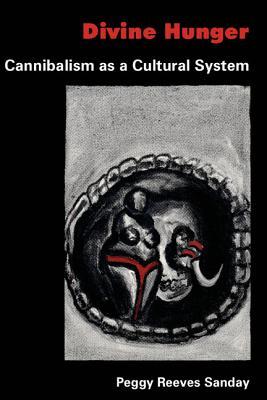Combining perspectives drawn from the work of Ricoeur, Freud, Hegel, and Jung and from symbolic anthropology, Sanday argues that ritual cannibalism is intimately connected both with the constructs by which the origin and continuity of life are understood and assured from one generation to the next and with the way in which that understanding is used to control the vital forces considered necessary for the reproduction of society. She reveals that the presence or absence of cannibalism in a culture derives from basic human attitudes toward life and death, combined with the realities of the material world.
As well as making an original contribution to the understanding of a significant human practice, Sanday also develops a theoretical argument of wider relevance to anthropological analysis in general. The book will appeal to anthropologists, psychologists, sociologists, and other readers interested in the function and meaning of cannibalism.
